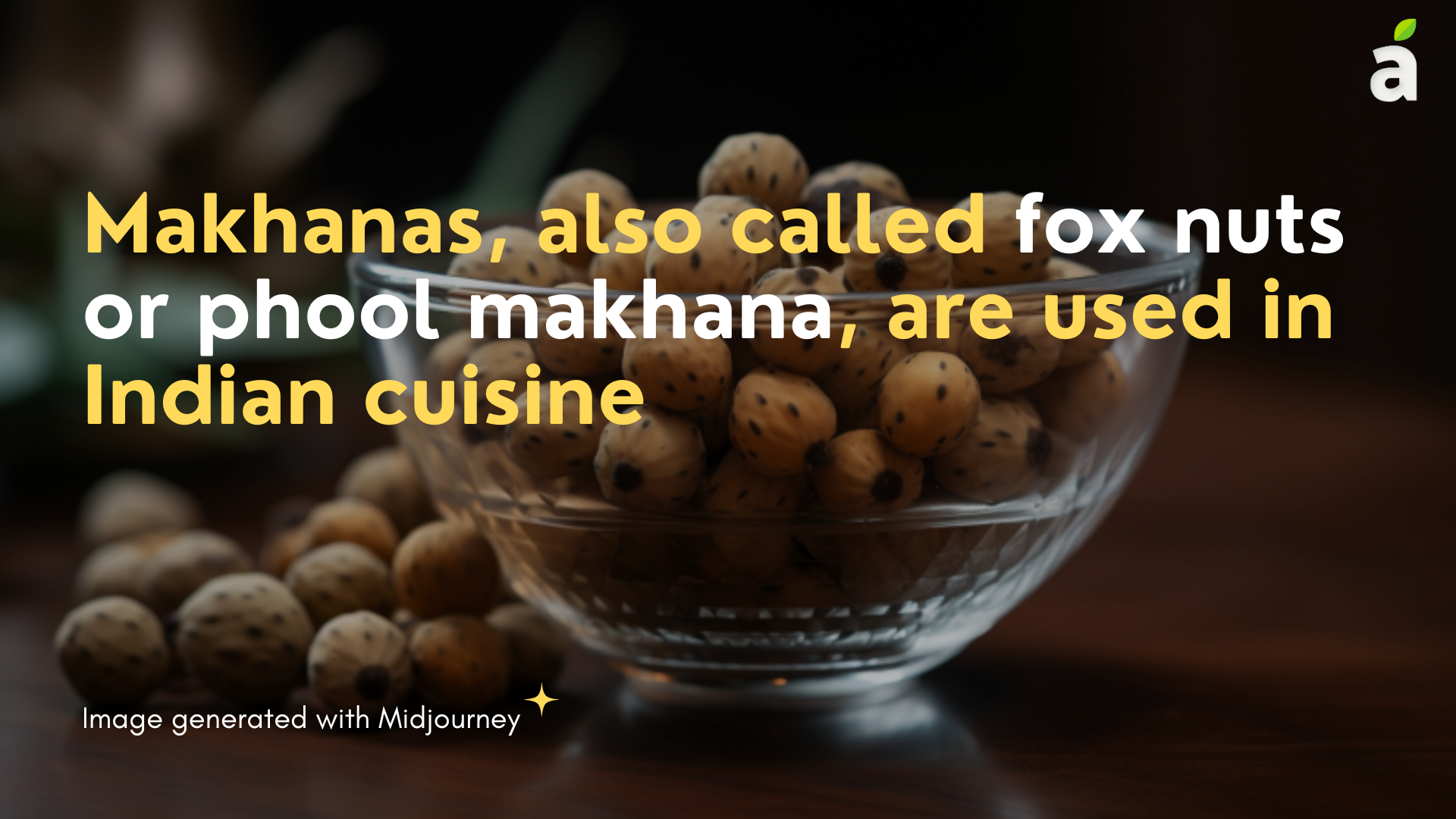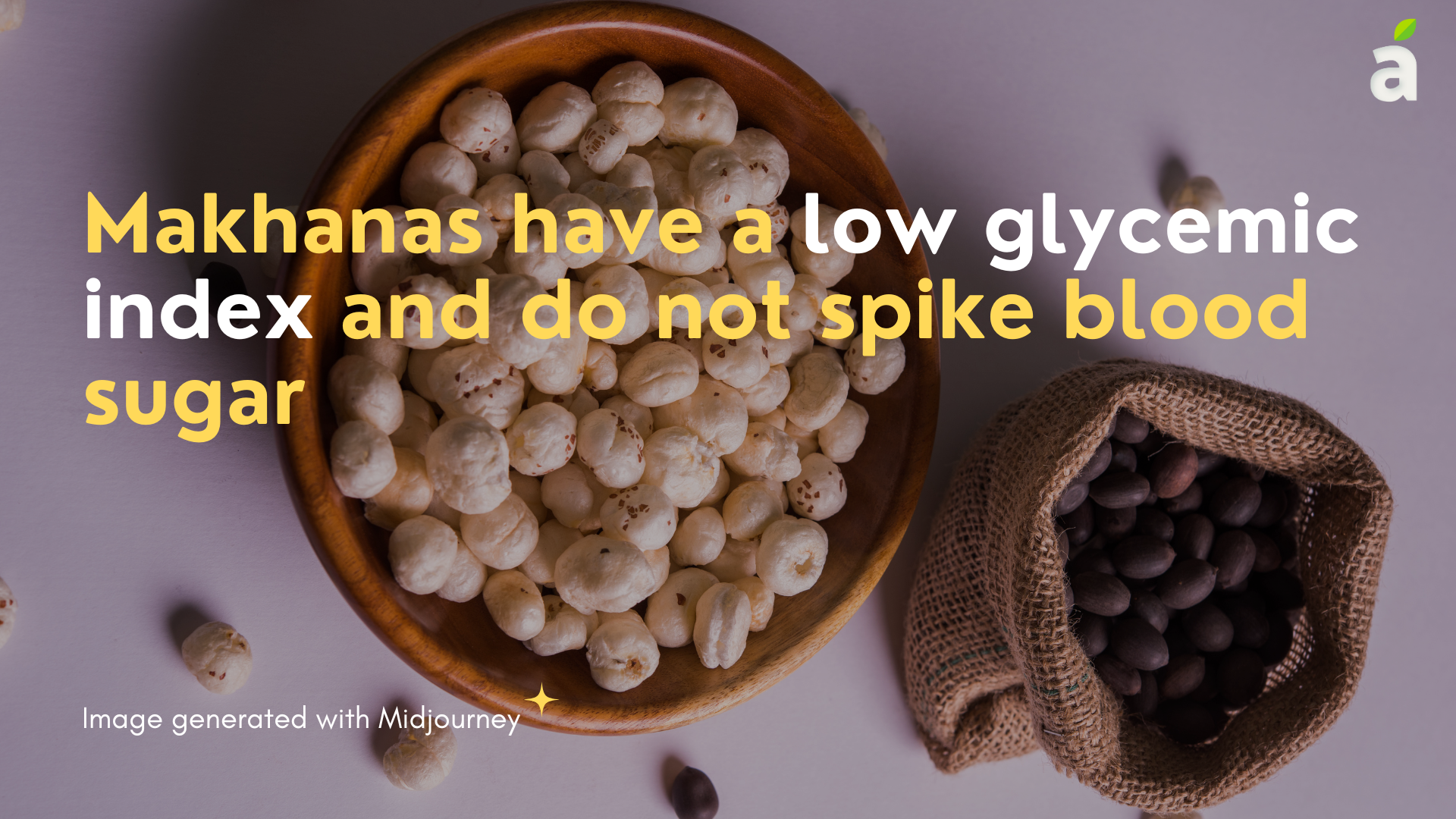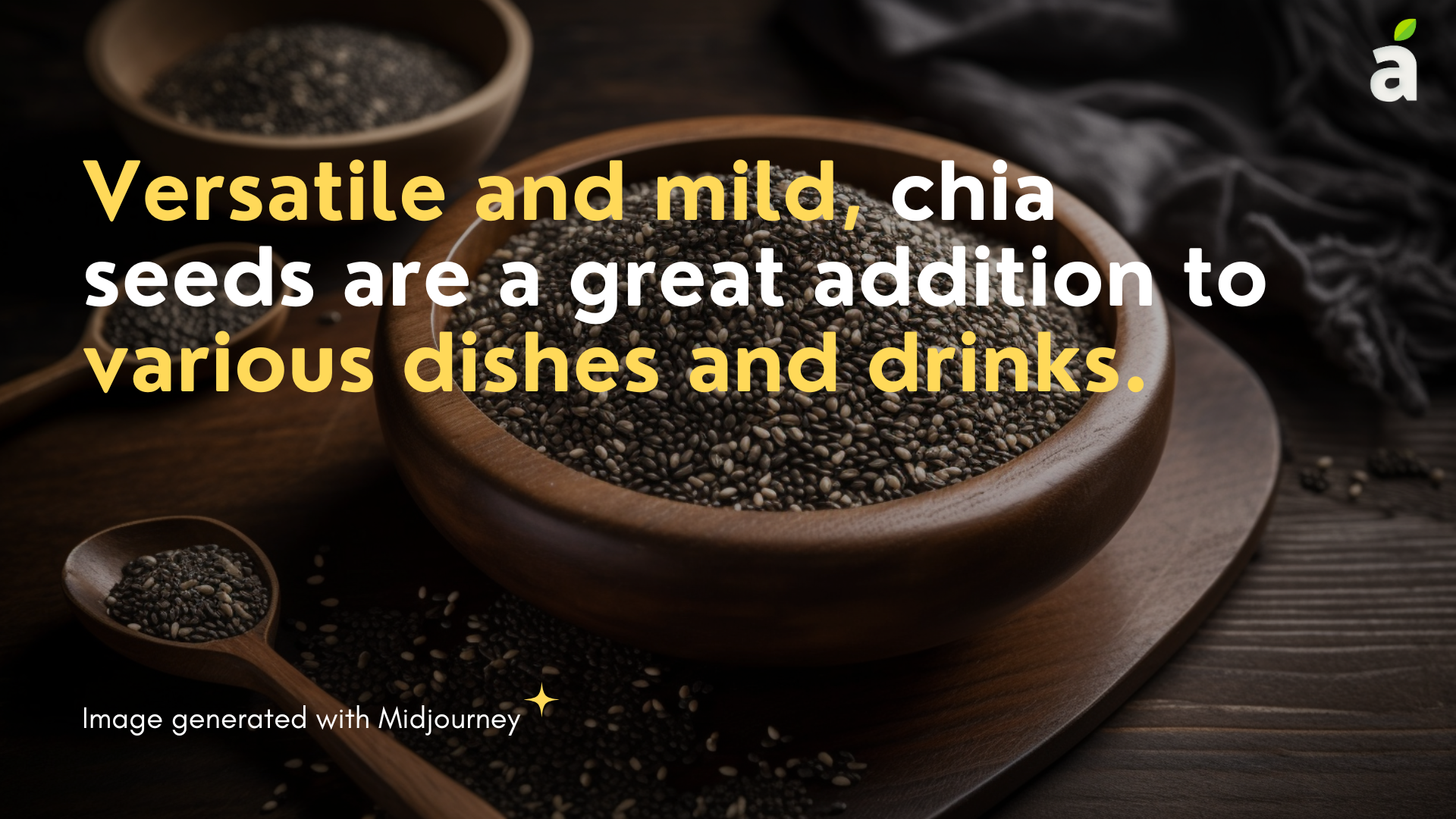Published Date January 24, 2003
The Nutritional Powerhouse: Makhana
By Naurin Ansari
3 min read
Last update date: January 24, 2003

Makhana, also known as fox nuts or lotus seeds, has gained popularity as a nutritious and versatile snack option. Native to the Asian region, particularly India, makhana has been consumed for centuries and is now making its mark worldwide. With its crunchy texture, subtle flavour, and numerous health benefits, makhana has become a go-to choice for health-conscious people.
In this blog, we will explore what exactly makhana is, why is it good for you, and if there are any factors to be aware of when consuming this delightful snack.
What Are Makhanas?
Makhanas, also known as fox nuts or phool makhana, are versatile seeds widely used in Indian cuisine. They can be found in a variety of dishes, including sweets like kheer, and savoury dishes like makhana curry and are even enjoyed as a snack with evening tea.
These seeds are primarily cultivated in Bihar as well as in Korea, Japan, and some parts of eastern Russia. Being plant-based and gluten-free, makhanas are an excellent choice for vegans and individuals with celiac disease or gluten allergies.
Harvested from the lotus flower, makhanas undergo a drying and roasting process, resulting in their delightful puffed and crispy texture. This low-fat and nutrient-rich snack is suitable for various dietary preferences and provides a satisfying option for those seeking a healthy and delicious treat.[1]
Why Are Makhanas Good?
Makhanas are a nutritional powerhouse, offering a host of health benefits. Here are some reasons why makhana is considered good for you:
- Nutrient-rich: Along with it being packed with essential vitamins, minerals, and antioxidants, it also provides calcium, magnesium, potassium, iron, and zinc, which support bone health, energy production, and immune function.
- High in Protein: Makhanas serve as an excellent plant-based protein source, making it an ideal option for vegetarians and vegans. Protein is essential for muscle growth, repair, and overall cellular function.
- Low in Calories and Fat: Makhanas naturally have low calorie and fat content, making them a guilt-free choice of snack for weight-conscious individuals. It offers a satisfying crunch without the excess calories.
- Digestive Health: Makhana is rich in dietary fibre, promoting healthy digestion and preventing constipation. The fibre content helps maintain a healthy gut and contributes to a feeling of fullness, reducing the temptation for unhealthy and frequent snacking.
In addition to these benefits, makhana stands out for its unique characteristics, such as being gluten-free and vegan-friendly. Originating from the lotus flower, makhana undergoes a drying and roasting process to obtain its crispy texture. It is a versatile ingredient in both sweet and savoury dishes, adding a delightful crunch and nutty flavour.[2]
Are Makhanas All Good?
While makhana is generally considered a healthy snack option, there are a few downsides to them to bear in mind:
- Constipation: Consuming excessive amounts of makhana without adequate fluid intake may contribute to constipation in some individuals.
- Bloating: Makhana is rich in dietary fibre, which can cause bloating or discomfort to some people if consumed in large quantities.
- Allergies: Although rare, some people may have allergies to lotus seeds, the primary ingredient in makhana. If you have a known allergy to lotus or related plants, avoiding makhana or seeking medical advice is recommended.
- Gastrointestinal Problems: Some individuals may experience gastrointestinal issues such as gas or indigestion when consuming makhana. It is important to listen to your body and adjust your intake.
- Insulin Levels: Makhanas have a relatively low glycemic index, meaning they do not cause a rapid spike in blood sugar levels. However, if you have diabetes or are managing your blood sugar levels, it is advisable to regulate your intake.
- Sodium content: Some packaged makhana snacks may contain added salt or flavours, leading to a higher sodium content. Checking the nutritional label and opting for unsalted or lightly seasoned varieties can help manage sodium intake and maintain overall health.
Pregnant women and individuals with diabetes should consult with a doctor or nutritionist before adding makhana to their regular diet to ensure it aligns with their specific needs and health conditions.
Portion control is essential, as excessive consumption of makhana or any food can lead to an imbalance in calorie intake, potentially hindering your health goals. Enjoy makhana as part of a well-balanced diet and savour its nutritional benefits in moderation.
By being mindful of these considerations, you can enjoy makhana as a nutritious snack while minimizing any potential side effects.[2]
Takeaway
Makhana, also known as fox nuts or lotus seeds, is a nutrient-dense snack that offers a range of health benefits. With its rich nutritional profile, including protein, fibre, and essential minerals, makhana can be a valuable addition to a well-rounded diet.
However, it is crucial to be mindful of the sodium content, practice portion control, and consider individual allergies or sensitivities. By incorporating makhana into your snack routine in a balanced and conscious manner, you can enjoy its goodness while supporting your overall health and well-being.
Choose Healthy With Us.
Know the real truth about your food. Stay informed and healthy, for free.

Download the App Now
Certified nutritionists trust our food recommendations. Safe to say, so can you :)











